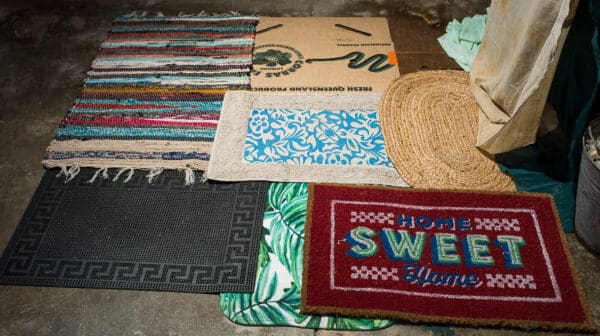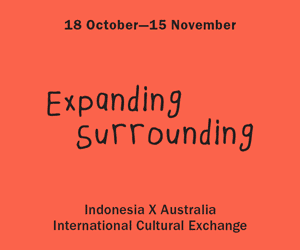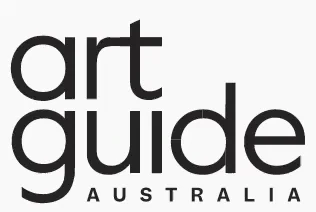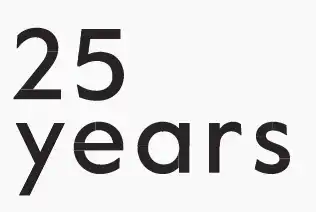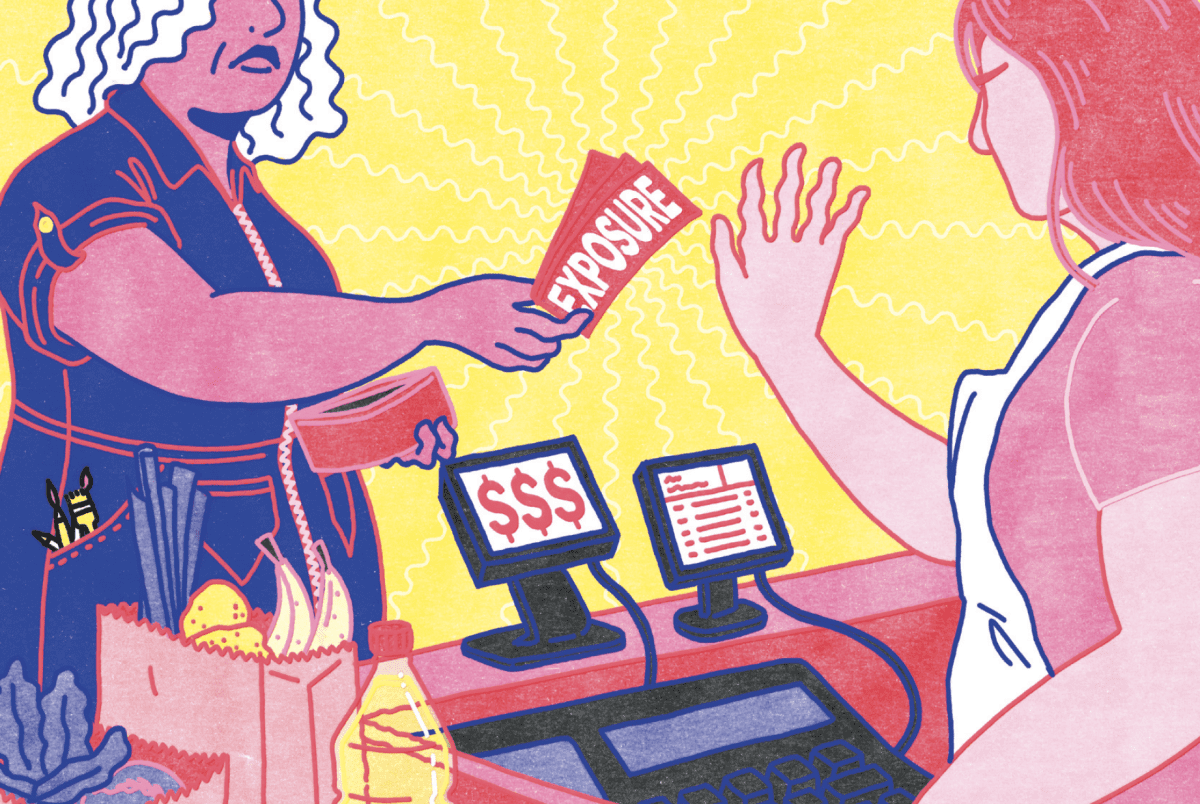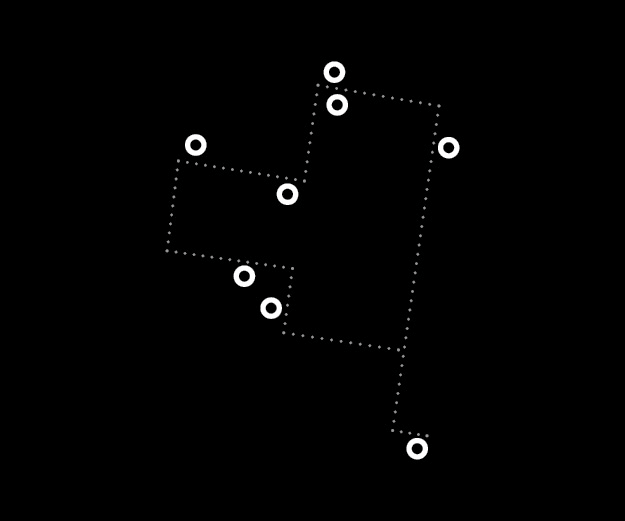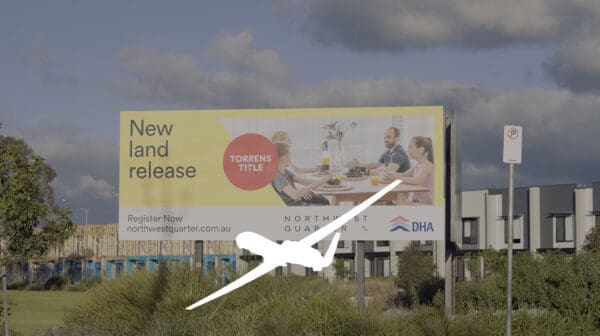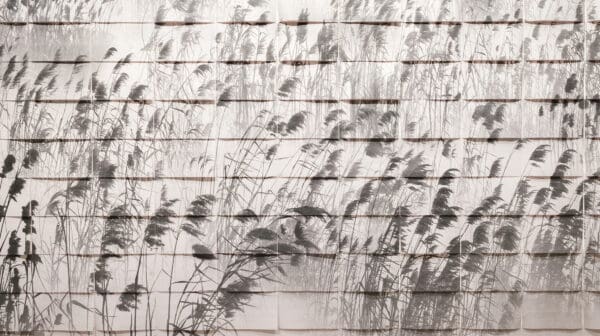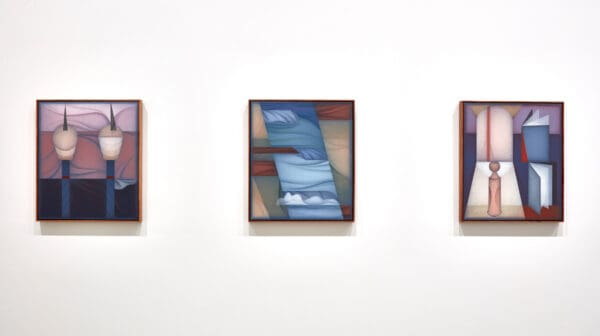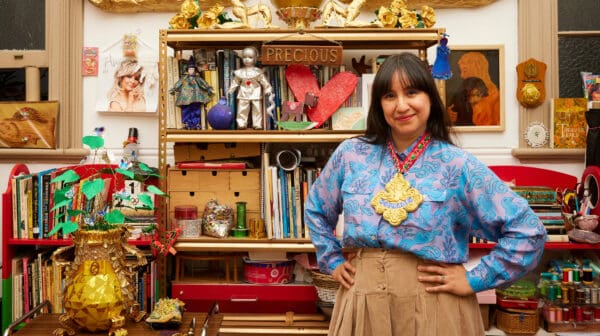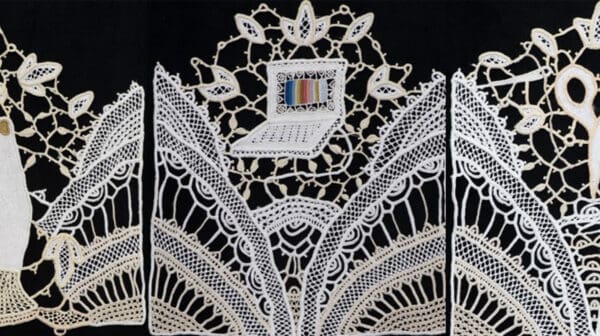Three years ago, I made the decision to stop working for free. Up until this point in my arts career, I would say yes to almost every opportunity. Working in a non-arts day job afforded me the flexibility to support and finance my own independent arts work, and I was hungry to gain experience in the industry.
This trajectory is, of course, not unique. Like many of my peers, I was balancing the precarity of my underpaid and unpaid arts labour with my professional development in the arts sector. When making a choice between doing something for free, or not doing it at all, I would often choose the former. Exhibitions were curated, essays were written, projects were established, and I was happy to do it without pay of any kind. Call it ‘love’. Call it stubbornness. Call it a willingness to prove to myself and others that I was worthy of being here. The visible outcomes of the work justified the means. After all, was I not pursuing my dreams?
It is only now, on the other side of this, that I can look back and recognise the way deeper issues of the arts industry are entangled with the use of free labour. This is marked by a realisation that I would almost certainly not be in my position today without these unpaid experiences, but also that these choices were only made because of the pre-existing expectations of doing unpaid work in our sector. I recognise that the path I thought I had forged through sheer hard work and determination, was equally made possible because of the fact that I had safety nets and alternate jobs at every stage. This is the unaccounted class privilege that funds the underpaid and unpaid labour of the arts industry. Add to this complexity the fact that not all free labour gives equal opportunities—the conditions and benefits of joining a volunteer artist-run board are quite different to being the unpaid intern at a commercial gallery, for instance (and I’ve done both). The lines between choice, exploitation, and desire are not quite so black and white.
The creative industry has a tricky relationship with talking about money, made worse by the fact that we hardly normalise conversations around wages, incomes, fees, superannuation, and whether we come from generational or familial wealth. While there have been more recent campaigns to push for fairer pay and superannuation for artists, such as the National Association for the Visual Arts (NAVA) 2017 campaign, the issue is not simply about receiving adequate wages, but also creating ongoing and long-term conditions for viability and stability. As critic Lauren Carroll Harris recently wrote for Kill Your Darlings, artists don’t need more grants, opportunities or professional development programs, they need jobs and the benefits of these jobs: things like superannuation and sick leave. This is endemic of a larger casualisation of the broader workforce, which in the arts has effectively led to a gig economy of short-term projects to cumulatively make up a CV.
This is a devaluation of not just art, but a failure to recognise the ongoing work that artists have to maintain in order to create art. It is easy to romanticise artistic labour and output, and the ‘starving artist’ trope—but on the flip side of this idealisation is a harmful assumption that artists will keep making work no matter what, that one’s individual talents and effort mean that one is (eventually) rewarded. This is a failure of both imagination and empathy. It is a failure of imagination because it means we cannot assess artistic worth unless it is connected to tangible, measurable outcomes (as most funding applications assess worthiness on the delivery of a final product or financial viability of a project). And it is a failure of empathy because we treat artists as mere producers for their work, whose role is to make art, as opposed to understanding the material conditions necessary for an artist to live. The arts sector therefore becomes ripe for self-exploitation, as the onus is placed on the individual artist to keep trying.
Art, like anything else in our contemporary society, exists within the conditions of capitalism and exchange. Yet to measure the ‘worth’ of art in these terms alone is inadequate. Are artists only as good as the income we make from our art? I would like to say a resounding no. As a member of numerous fandoms and hobbies, I recognise there is something simultaneously freeing and radical about pursuing goals or projects that have no fiscal reward, or outcomes guided by financial success. I also recognise that not all payment is ethical in itself. Artwashing is a real phenomenon—when governments, corporations and property developers fund or commission artwork to distract from negative projects and policies, such as gentrification or the mining industry— and sometimes merely paying a pay cheque does little to address deeper issues of exploitation. How might we imagine a different future?
The answer to the question of ‘should you work for free’ is not simply a straightforward no, because the conditions of ‘free’ are not always equitably created. It is important to recognise that not all labour can be measured against monetary gain, but that doesn’t make these forms of work any less significant. For me, when I chose to say ‘no’, it is not simply about respecting myself, but also those who come after me. When artists and arts workers devalue our labour, we also inadvertently devalue the labour of our community and peers, perpetuating expectations of what is acceptable. Perhaps we should think about these terms more on a sliding scale; that the more we have access to power, resources and opportunities, the more we should share these with others who would do this for free otherwise.
As we continue to navigate the ongoing pandemic landscape of cancelled gigs, lost wages, gallery closures, and more, I’d also like to rethink our current measures of ‘success’. I want to work towards sustainability and equity; I want us to do less, but be better supported to do so. Ultimately, I want to contribute to a world where art is valued, but artists as people are valued even more. I want us to accept that living a (potentially) financially non-productive life in the arts is still a life worth living, and supporting. And that individual ‘artistic genius’ does not save us from the pitfalls of capitalism.
